LAUREN PENG, HOST:
You're listening to China and The Hill, your essential weekly update on the most important news shaping U.S.-China relations, politics, business, and international affairs.
🚨 Big News: We're Now on Substack!
This week, we have some exciting news to share: China and The Hill is now on Substack! You can find in-depth breakdowns, exclusive content, and full transcripts delivered straight to your inbox.
Subscribe at ncuscr.substack.com or search "China and The Hill" on Substack.
We hope to see you there!
🏛️ Happenings on the Hill
This week on the Hill, Congress is advancing two significant bills aimed at safeguarding Americans abroad.
The Countering Wrongful Detention Act would empower the U.S. government to designate foreign countries or non-state actors that wrongfully detain U.S. citizens as “State Sponsors of Unlawful or Wrongful Detention.” The measure would allow the Secretary of State to impose penalties, require transparency briefings, and strengthen support measures for detainees and their families.
Similarly, the Protecting American Diplomats Act calls for a comprehensive report on the counterintelligence training provided to U.S. diplomatic staff in high-risk posts.
🌐 BRICS Summit
Last week, BRICS held in Brazil its first leader summit since 2009. The bloc is composed of eleven nations, the five original members of Brazil, Russia, India, China, and South Africa, and six new members added in 2024: Egypt, Ethiopia, Indonesia, Iran, Saudi Arabia, and the United Arab Emirates.
In a joint statement, the BRICS bloc condemned U.S. military strikes on Iran and criticized the rise of unilateral tariff and non-tariff measures that distort trade—without directly naming Trump.
In response, President Trump warned that any country "aligning themselves with the Anti-American policies of BRICS" will be charged an additional 10% tariff.
The BRICS summit came amid a looming deadline set by the Trump administration: countries that haven’t finalized trade deals with the United States by August 1st can expect tariff rates to return to previous levels set in April.
💼 U.S.–China Trade Developments
Meanwhile, Beijing and Washington are accelerating the implementation of their new trade framework. Both sides have taken steps to unwind some nontariff restrictions imposed on the other party.
China’s commerce ministry announced that it is reviewing and approving applications for exports of controlled items to the United States. Some companies have also received notices from Washington to resume exports of chip-design software, ethane, and aircraft engines to China.
Additionally, U.S. Treasury Secretary Scott Bessent is also planning to meet with his Chinese counterpart in the coming weeks to discuss trade and other related issues. In an interview with CNBC, Bessent emphasized the productive meetings in Geneva and London and stated that “there are things for us to do together if the Chinese want to do it.”
🌏 Southeast Asia: Tariffs & Tech
The United States has announced a tariff agreement with Vietnam that aims to block Chinese goods from entering the U.S. through Southeast Asia. Under the deal, goods transshipped to the United States through Vietnam will face a 40% tariff, doubling the current rate. Chinese export data supports claims that Chinese businesses are using Southeast Asia routes to evade U.S. tariffs. While exports to the United States dropped by 43%, China still experienced an overall 4.8% rise in exports, bolstered by a 15% increase in shipping to ASEAN countries.
In addition, the Trump administration is planning to restrict shipments of AI chips to Malaysia and Thailand as part of an effort to crack down on suspected semiconductor smuggling into China.
⚙️ Critical Minerals & Rare Earths
On the topic of critical minerals, as tensions with the United States persist, China is rapidly stockpiling huge quantities of nickel, a key component in stainless steel and electric vehicle batteries. Industry experts have estimated that since December, Beijing has bought 100,000 tons of nickel, effectively doubling its national reserves.
Part of this accumulation is due to a steep drop in nickel prices, caused by a rapid expansion of production in Indonesia, which holds the world’s largest nickel reserves. However, China is also stockpiling other industrial metals as it looks to secure its domination of global supply chains of critical minerals and rare earths—resources that can be used as leverage over trading partners.
In response, the United States, Australia, India and Japan have announced the Quad Critical Minerals Initiative, which aims to "strengthen economic security and collective resilience by collaborating to secure and diversify critical minerals supply chains."
China’s dominance in rare earths has not come without high costs. For decades, toxic sludge from rare earth processing has been dumped into lakes, and rare earth mines have negatively affected the surrounding land.
China has largely tolerated severe environmental damage, while other nations enacted tighter environmental regulations that eventually led to the closure of rare earth mines and processing centers. While recent government cleanup efforts have helped mitigate some health and safety risks, experts have warned that environmental damage remains after years of poor practices and lax oversight.
📱 TikTok Deal in the Works
In the latest development surrounding viral social media app TikTok, President Trump announced that the U.S. is close to finalizing a deal for the app's American operations. He also said he plans to resume talks with China next week to approve the agreement.
Last month, President Trump signed an executive order delaying TikTok’s ban for a third time, extending the deadline for a sale to September 17th. However, private equity firms that previously expressed interest in acquiring the app have reportedly been hesitant to invest in a deal without some form of indemnification.
President Trump did not disclose who the potential buyer was, and it remains unclear if the deal would comply with the requirements Congress imposed for the sale. Under legislation passed last year, ByteDance, TikTok's parent company, must sell the app to a non-Chinese company due to national security concerns. Any agreement would also be subject to approval under Chinese law.
OUTRO
And that’s all for this week’s edition of China and The Hill. If you enjoyed the episode, be sure to subscribe to our new Substack for the latest updates, full transcripts, and bonus content—link in the description.
For more from the National Committee, check out our other podcast episodes wherever you listen (Spotify, Apple Podcasts), or visit our YouTube channel for in-depth discussions, interviews, and analysis.
Thanks for listening, and we’ll see you next week.



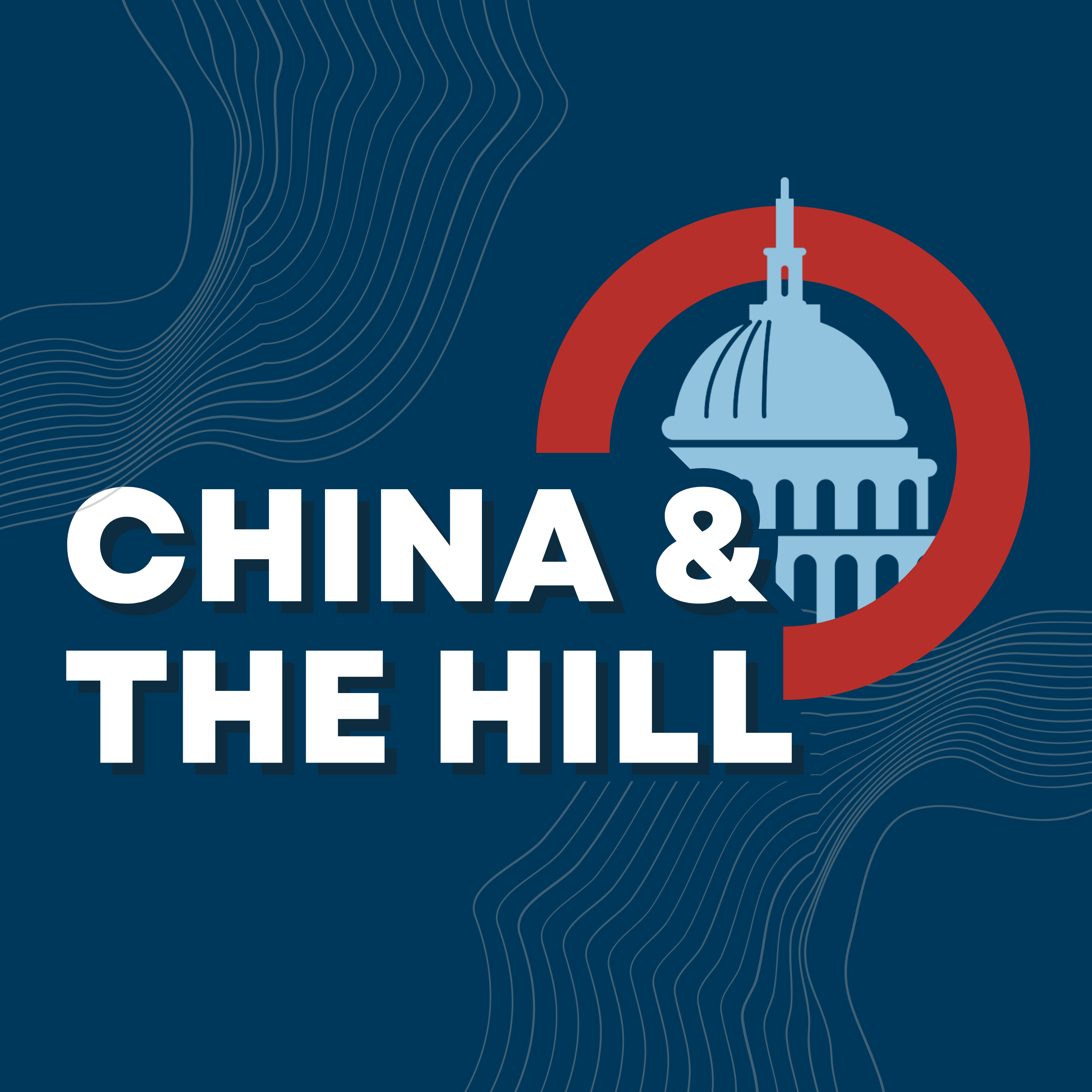
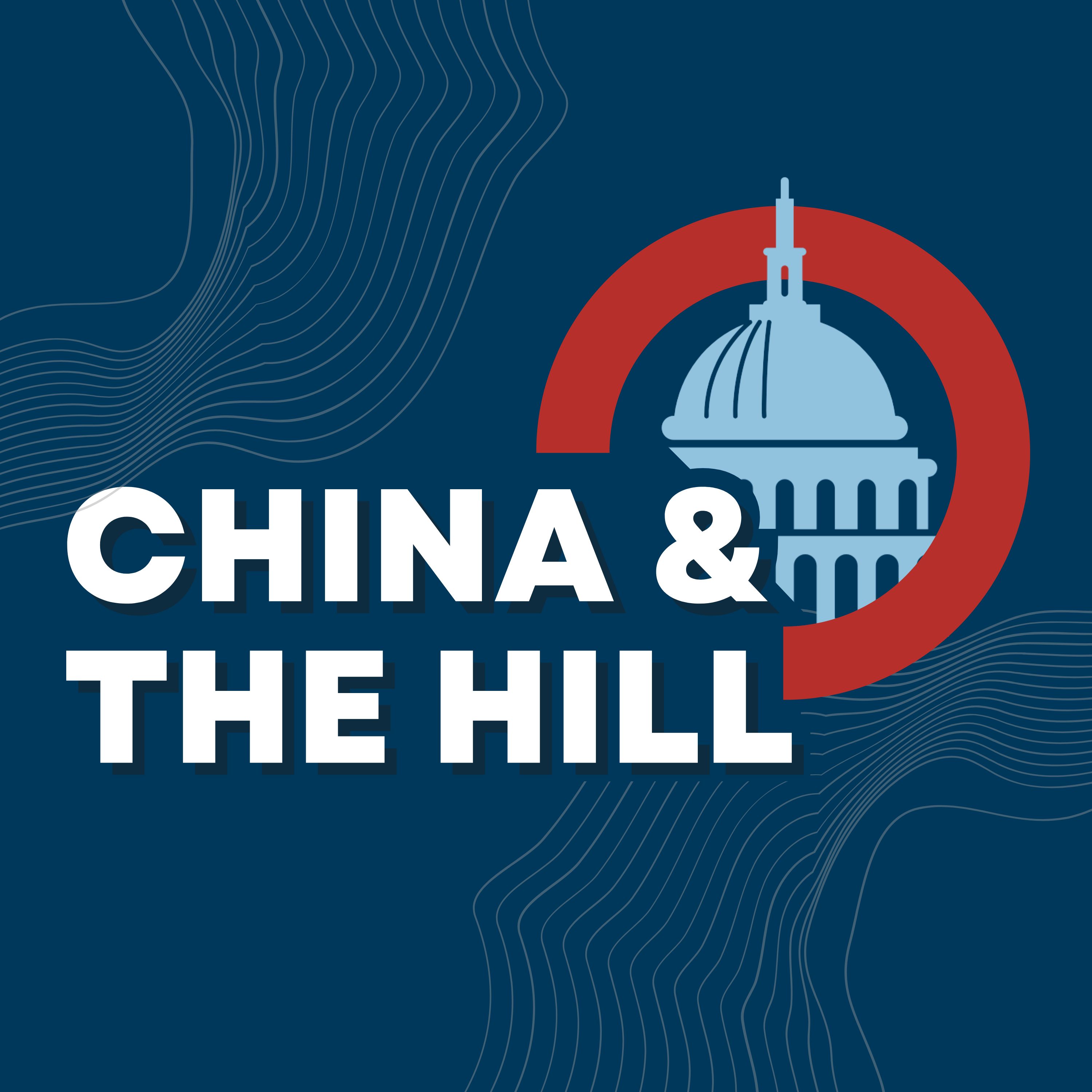
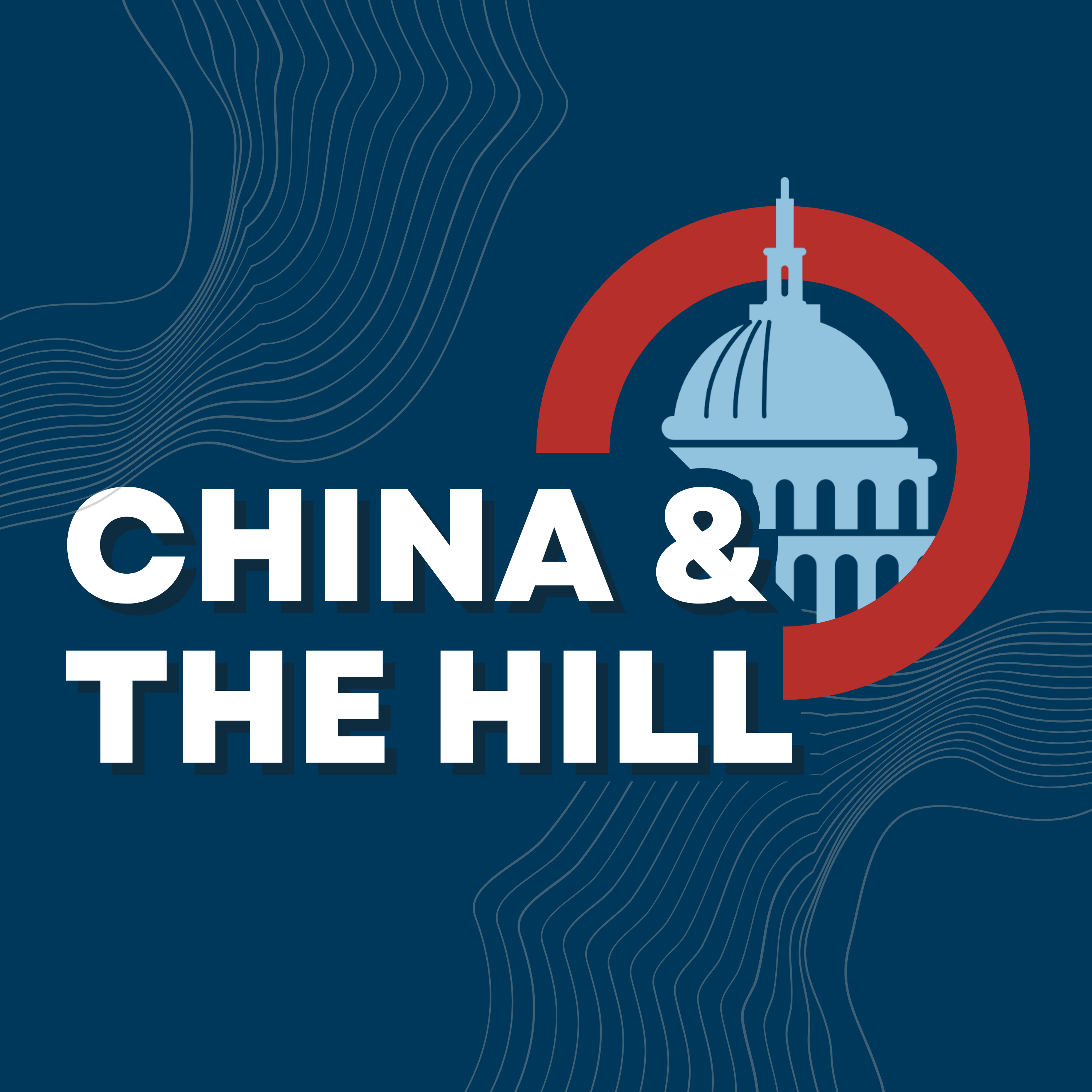
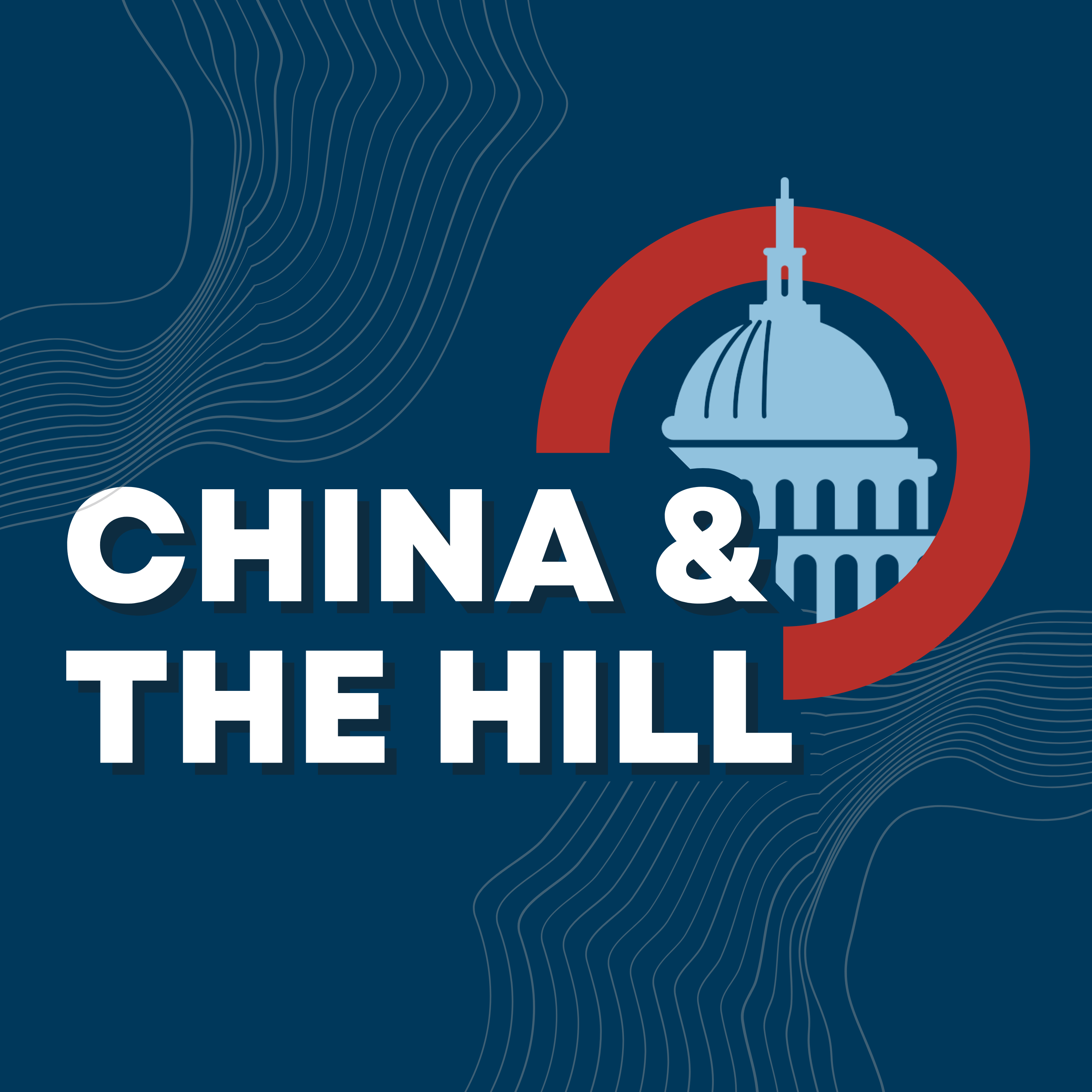
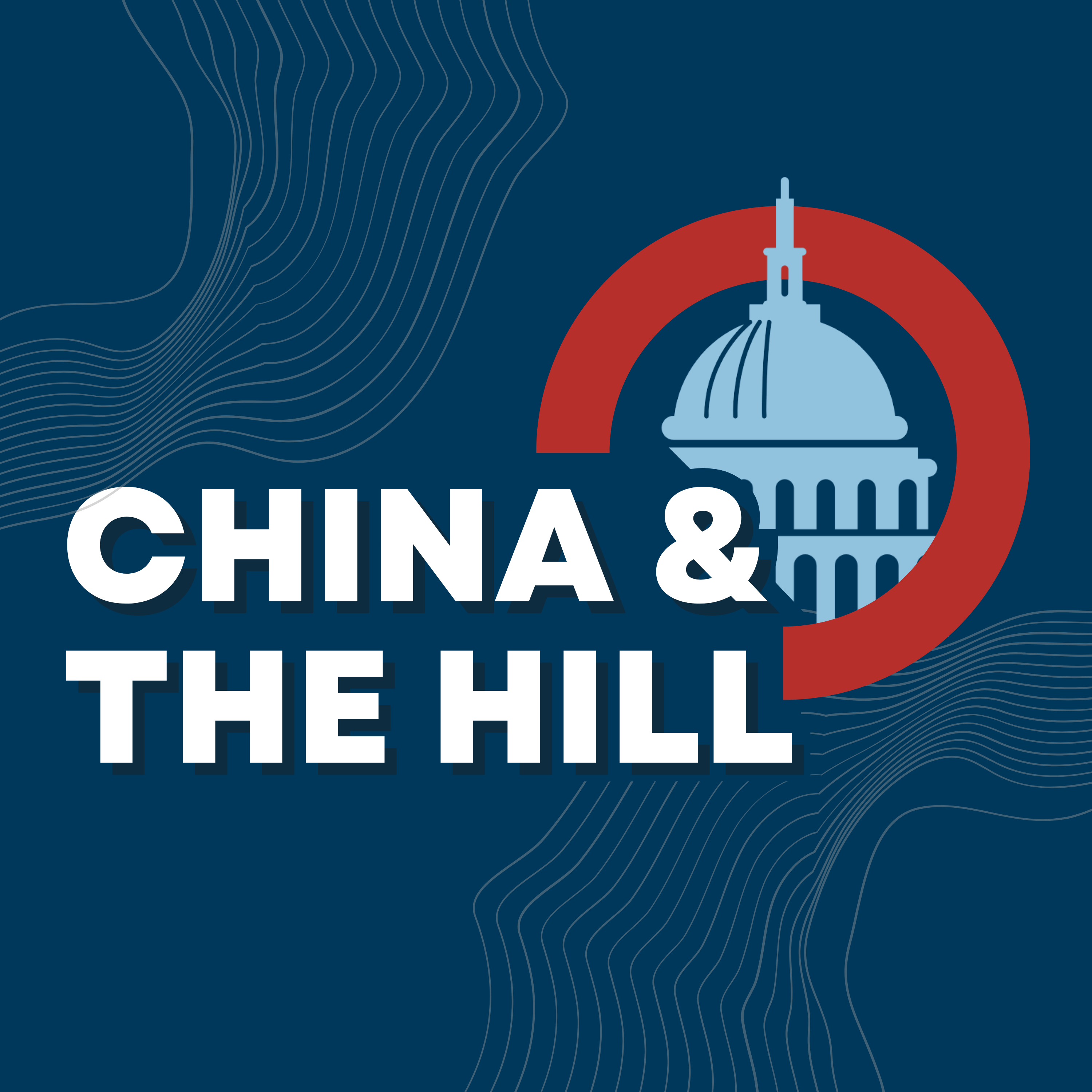
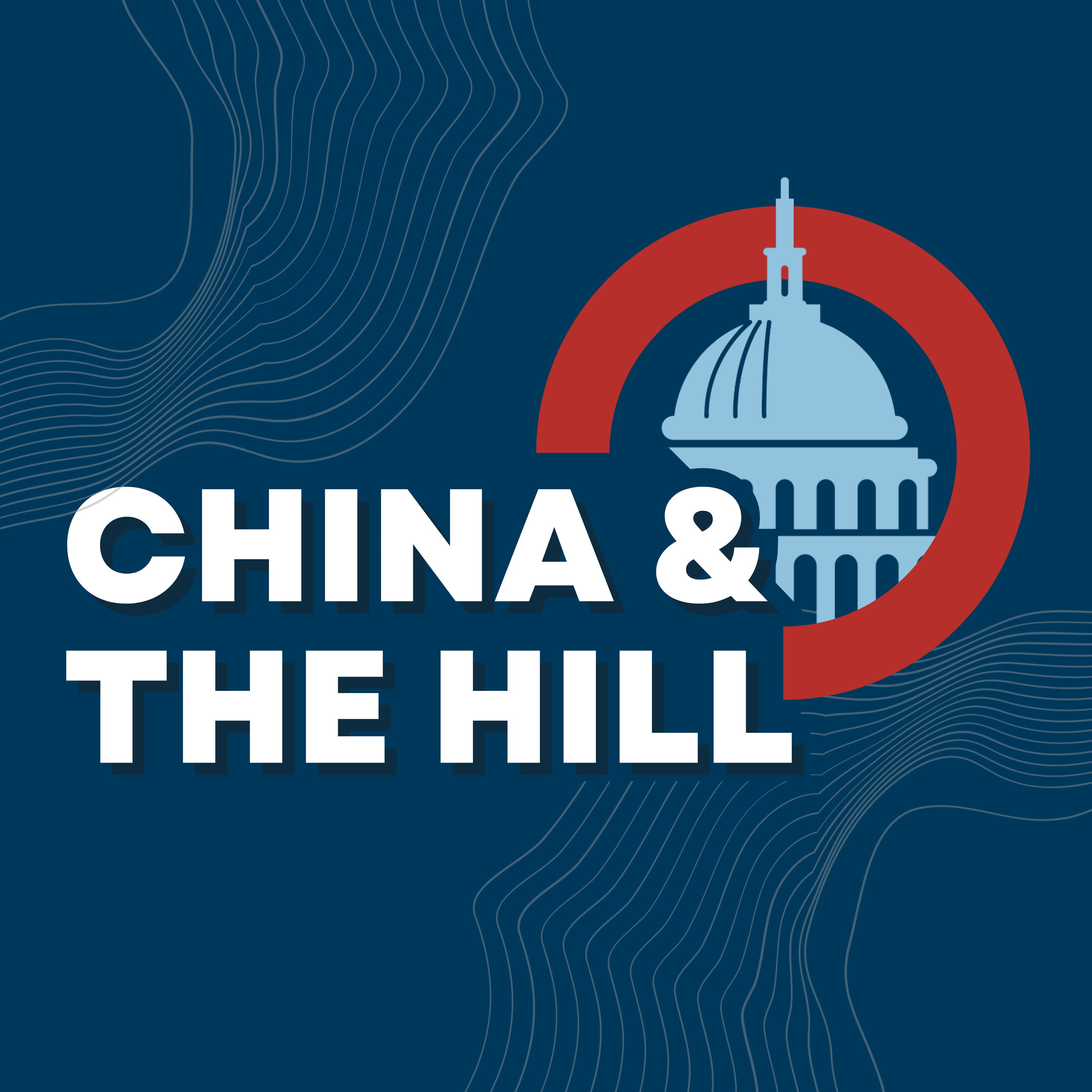
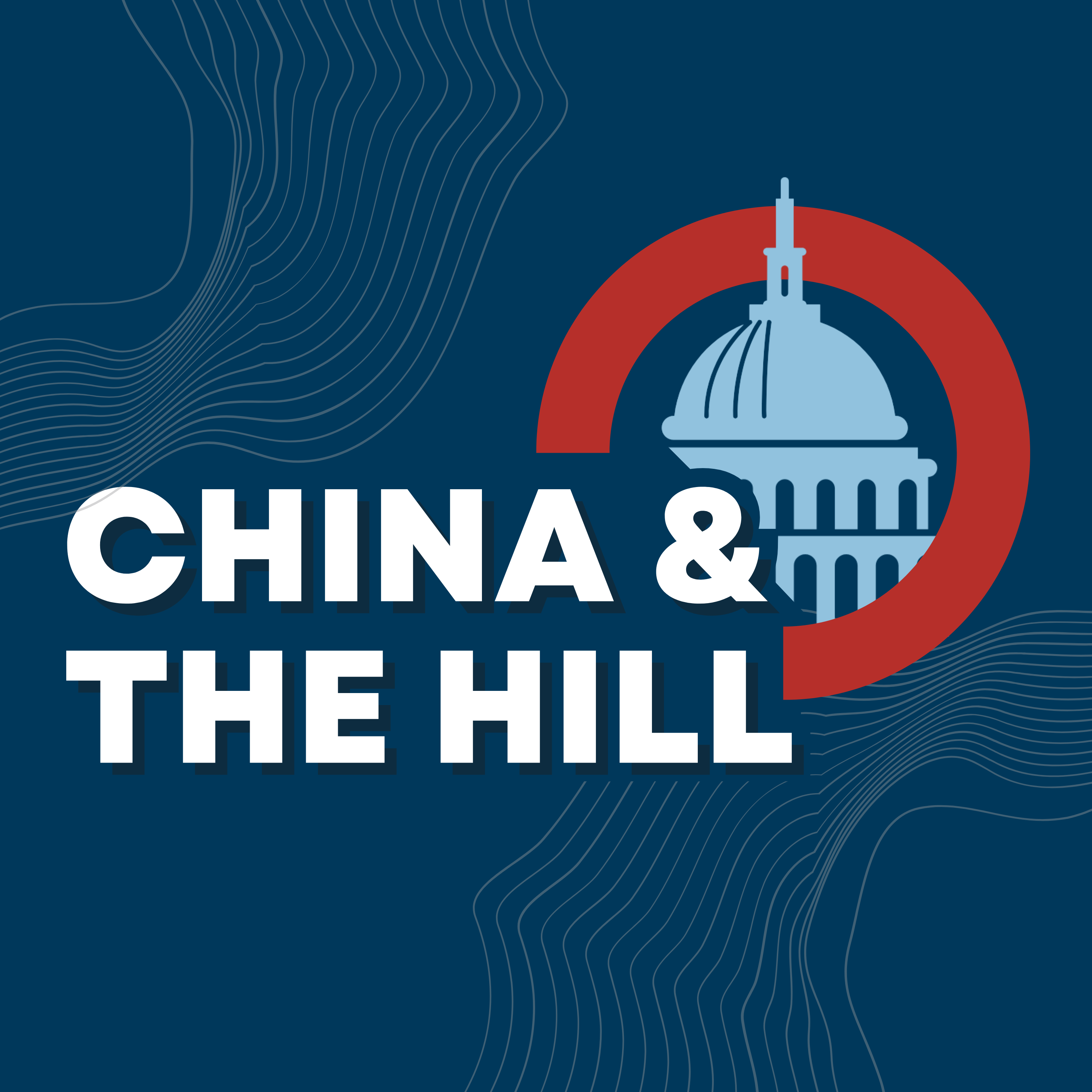
Share this post